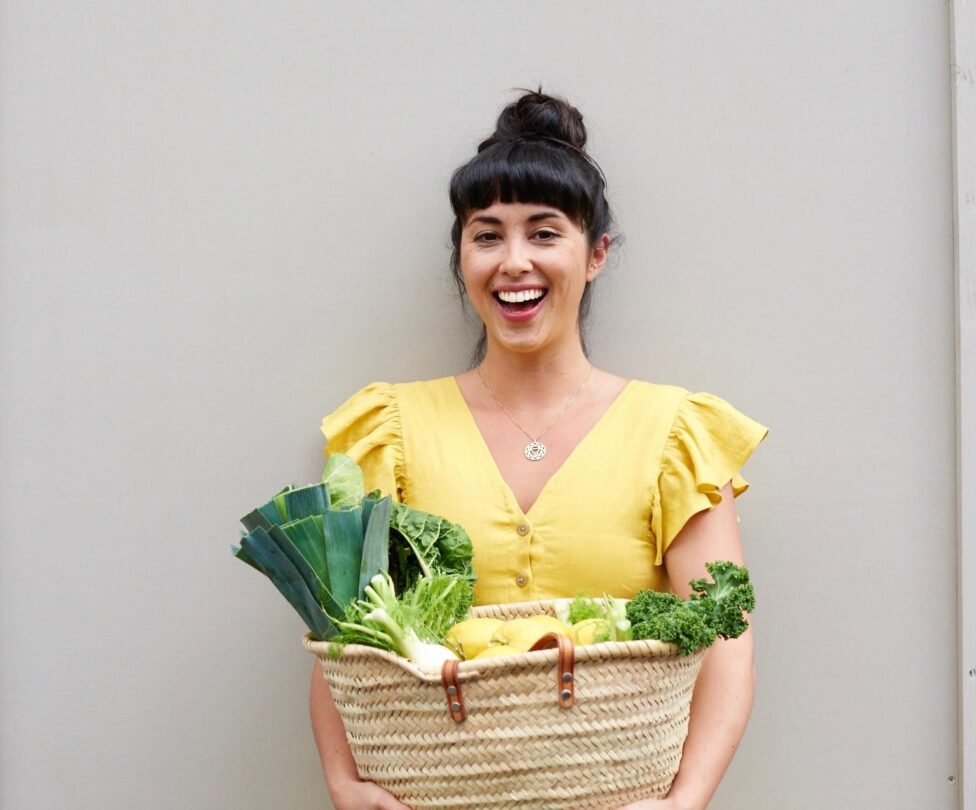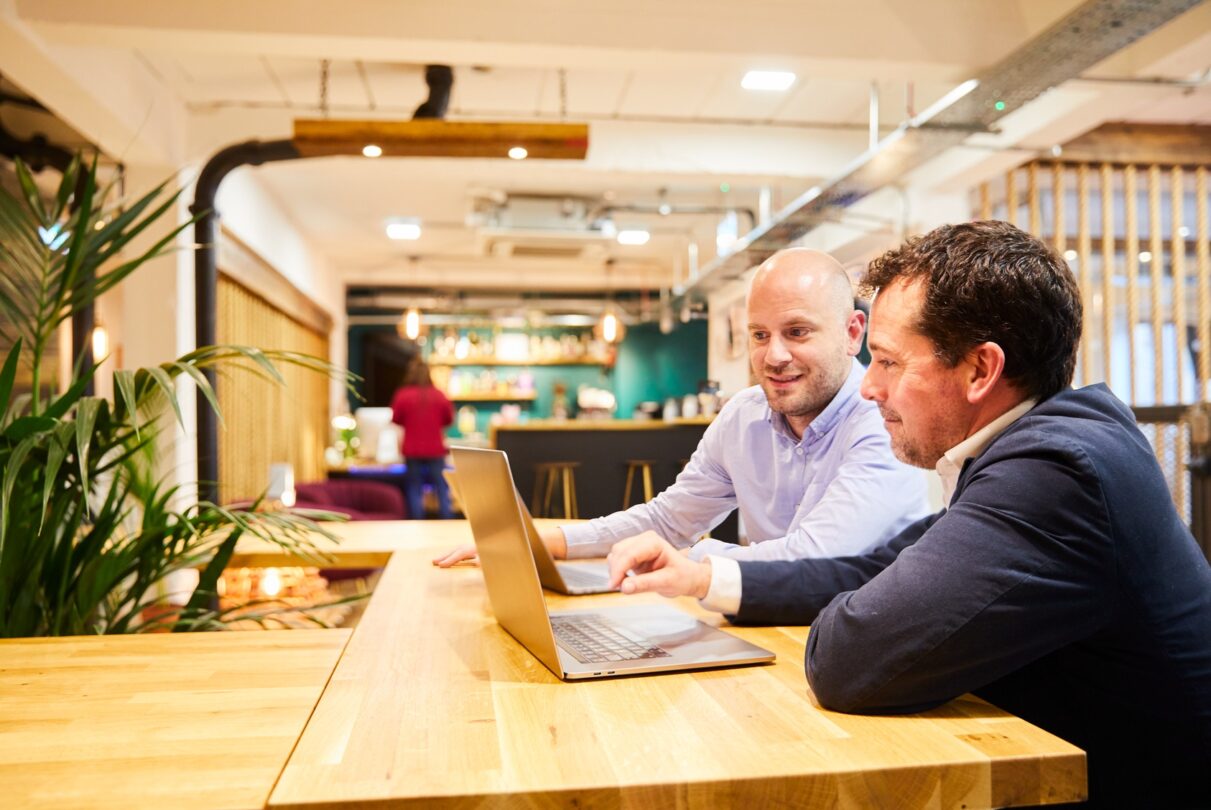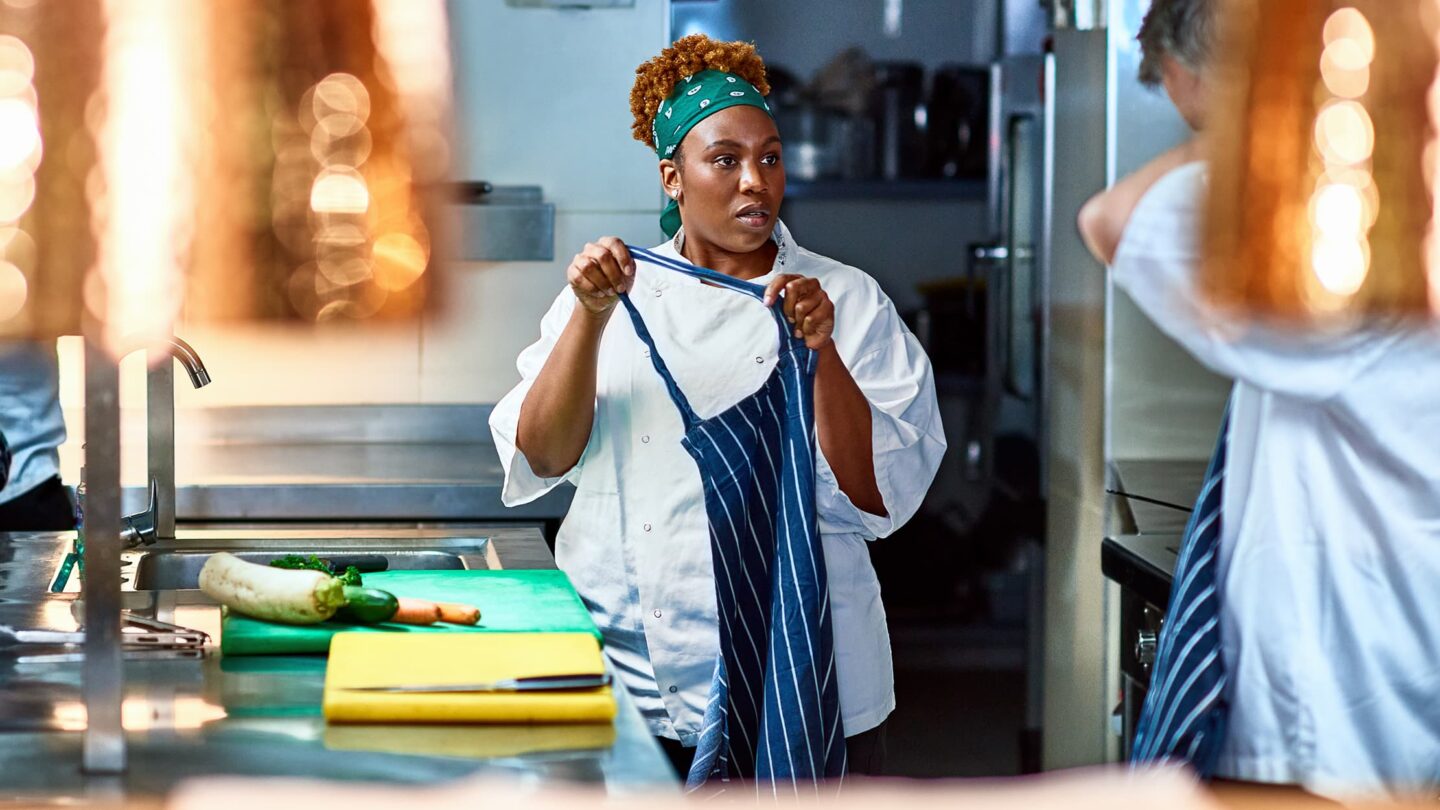Melissa Hemsley: ‘I was terrified of doing IGTVs but it gave me a chance to shout out small businesses’
It’s been a challenge for adapting businesses in the UK due to coronavirus. Melissa Hemsley shares her top tips for dealing with adversity.

It’s been a challenging time for small businesses, not least because of coronavirus.
But adversity often brings out the best in us, and many adapting businesses have shown resilience and creativity to pivot and survive, often using new technologies and solutions to support our small business, or adopting new ways of working in the process.
Before the pandemic hit, Melissa Hemsley had already built a successful business around her knowledge of food sustainability, using her dual role as a columnist and cookbook author to spread her message and champion a more planet-friendly lifestyle to great success.
She was also on the cusp of launching her fourth cookbook, together with a UK-wide book tour.
Like other creative freelancers, a coronavirus-enforced lockdown put paid to many of her 2020 plans, such as the book tour.
Faced with disappointment after disappointment, Melissa explains how she allowed herself to “grieve the plans that didn’t make it. I think it’s important to remember that’s normal.”
She offers this advice: “Stop panicking and stop trying to control. I’m a planner by nature and a perfectionist, so in February and March I was already coming up with options for changes I would need to make.
“That was quite healthy – but then I got to a point where I panicked because I thought everybody else was panicking.”
Working from home
Freelancers have had to take advantage of online tools such as Microsoft Teams and Zoom to retain and build business. For many creative companies, it made sense to move all meetings online.
Now, we’re comfortable consulting customers online rather than face-to-face, and working remotely at home rather than in our favourite cafés or co-working space.
“After those moments of panic, and frustration, we looked at what we could still do – we took the book tour online,” Melissa explains. “Instead of doing demos in bookshops and partnering with farms, we took things on to Instagram TV [IGTV] and Zoom.
“I felt like people were experimenting and in it together.”
If you’re working at home regularly, it’s more important than ever that you look after yourself and keep stress levels low, especially if you have other responsibilities, such as childcare.
It helps if you build breaks into your schedule to step away from your computer and focus on something different, whether that’s making a cup of coffee or checking in with a colleague:
“Make sure you speak to people. We all know that communicating face to face, even if it’s over video chat is so much better than emails. In my opinion, you start to get a real lack of confidence if you’re not chatting to people, so keep it up.
“Make time for your mental health even if it’s just getting some fresh air and going for a walk when you’re at work,” says Melissa.
“We can’t control the fact we’re at home all the time, so we need to make sure we switch off from work.
“It’s important to make a distinction between work life and personal life. I like to create different settings for myself. For example, I have a work notebook and a ‘life’ notebook.
“Figure out when you work best.
“For me, I work best in the morning, but obviously, that’s when people are getting things done and asking me to do something.
“Now I like to block out time for myself in the morning, just a couple of hours, so my team know my head’s down and I can get important work done during the times I work best. I then tend to do more admin in the afternoon.”
And perhaps most importantly, Melissa highlights the value of keeping morale high.
She says: “Continue to keep morale up. I think it’s important to constantly make sure you do things with your team to keep morale up.
“Whether it’s with colleagues or your freelancer friends, you should try to do nice things together, like virtual yoga or swapping top tips in a WhatsApp group.”
Take advantage of new opportunities
Change is the only constant, especially given what we’ve seen and experience in the past year.
That means freelancers have greater opportunities to leverage their skills and provide more value to clients. For Melissa, it was a case of taking advantage of new possibilities when it came to streaming content.
“I started learning new skills,” she says. “Up until now, I had been on Saturday Kitchen and This Morning with crews of 25 people. But during the last year, I unexpectedly had to learn to do their jobs, and quickly.
“I bought myself two bits of filming kit, a larger storage drive and better internet. The better internet has changed my life in terms of videos uploading faster. I’ve learnt the skills I need but without having to be a perfectionist about them.”
Although we can’t have those in-person moments, video connectivity allows us to connect with people in unique ways that you should take advantage of.
For example, Melissa is used to filming in a more professional setting but realised that the pandemic had connected freelancers like her in a unique way to her audience.
The nature of streaming video makes them more approachable than the impression she would give on TV.
“I realised that I don’t have to be perfect all the time,” she says. “If I am in my kitchen and it’s messy, people like that. No one cares if you’re doing something and the doorbell goes.
“‘Old’ me would think that’s not professional of me, but through both showing people that situation, and seeing their positive responses, it has given myself a permission slip to stop overly planning.
“I’ve slowly started to realise energy spent worrying about those things was wasted.
“It’s also important to realise that what you’re doing is valid, and is worth putting out into the world even if sometimes things like financials can be a headache.
“It’s easy to decide that something isn’t making financial sense, or there are loads of people like me, or should I try and change track.
“But I’m trying to keep self-confidence in what I do, and tell myself that there is value in my work.”
Give something back
Remember to give support and love where you can to your peers, customers and community.
“What I enjoy the most about my job is the camaraderie of the community,” says Melissa. “I was terrified of doing IGTVs, but I started doing ‘cook-alongs’, what I know and love best.
“One of the reasons I did this was to learn more about food, but also to support my food colleagues and charities. It was my way of giving back to other people who have helped me in the industry.
“I wasn’t financially earning from it, but I was getting a lot emotionally from it, and it was an excellent chance to shout out small businesses and thank people who had supported me.”
Managing uncertainty
Get some top tips to help you create business continuity plans that will keep your company moving during uncertain times.






